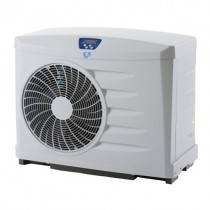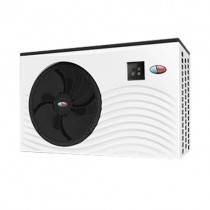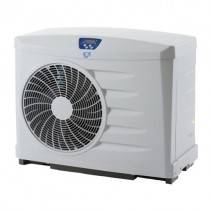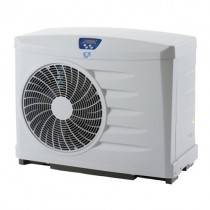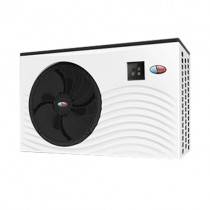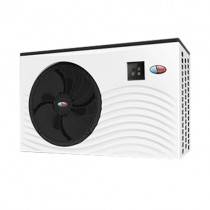- Aug 15, 2017
- 273
- Pool Size
- 36500
- Surface
- Plaster
- Chlorine
- Salt Water Generator
- SWG Type
- Astral VX 7T
Hi all,
Looking for some experience and feedback on heating systems.
Even tough every piece of advice is welcome, Australian experience might be a little more accurate since we do have strong rebates on solar panels at the moment.
I do not have enough roof space to have a pool solar heating system and PV system to generate energy.
Has anybody installed a PV system to generate electricity, and powered an electric pool heating system with that free electricity?
Thanks
Looking for some experience and feedback on heating systems.
Even tough every piece of advice is welcome, Australian experience might be a little more accurate since we do have strong rebates on solar panels at the moment.
I do not have enough roof space to have a pool solar heating system and PV system to generate energy.
Has anybody installed a PV system to generate electricity, and powered an electric pool heating system with that free electricity?
Thanks


